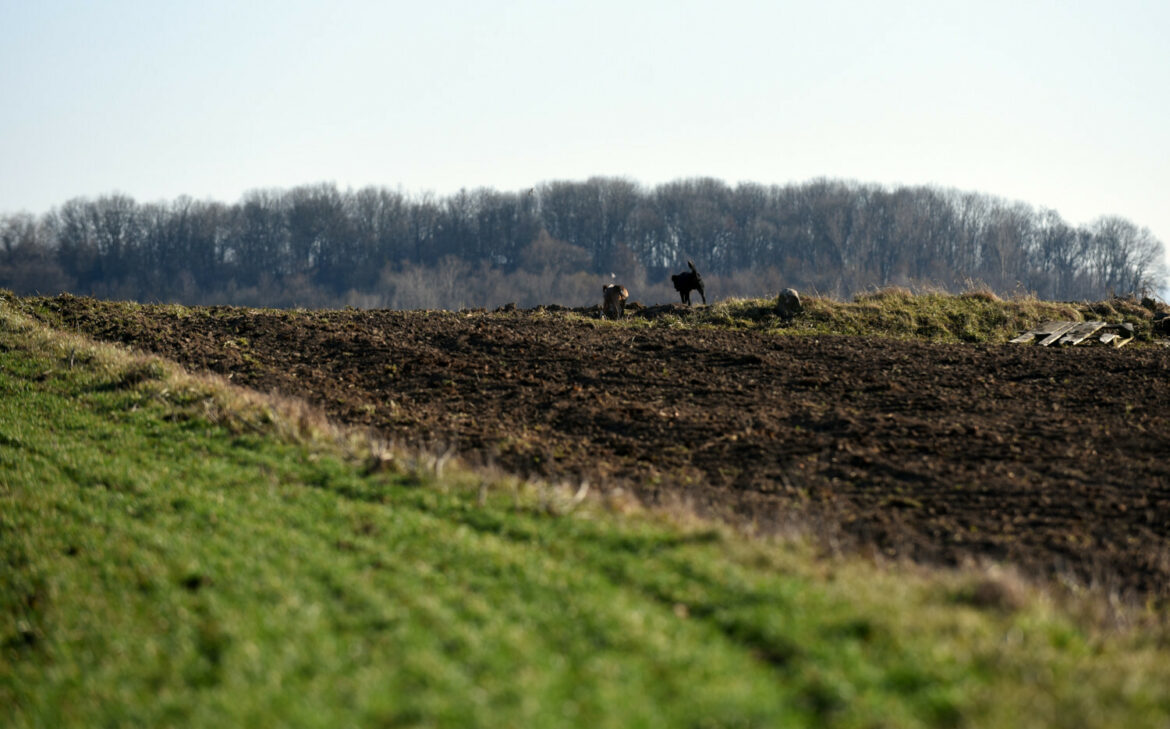When in 1496 the Polish king Jan I Olbracht granted numerous privileges to the landowners, he did not realize that he was sealing the economic backwardness of the Commonwealth, from which the state would not get out for the next more than half a millennium. Andro Linklater has described this process.
According to the author of Owning the Earth: The Transforming History of Land Ownership, most of the people of the Western world live in a culture of private, sole, individual ownership of land. And they probably have the impression that such a state is natural and obvious. Nothing could be more wrong. Just over 200 years ago, most of the world’s productive land was owned by communities, monarchs, or the Church.
This is important because both the economic and political fate of a society depends on the rules of land ownership.
Land matters to all rulers. Land is property and income. Whoever has more land he ultimately wins the battle for power. The author illustrates this mechanism on the example of the history of Poland, in particular the so-called Articles of Piotrków. Here, in 1496, the king of the Polish-Lithuanian Commonwealth, Jan I Olbracht, succumbed to the landowners (he needed soldiers for an expedition against the Ottoman Empire) and tied the peasants to the land, bringing their status closer to slaves. At the same time, he forbade people without a noble title to own land.
These inconspicuous regulations determined the path of economic development of the First Polish Republic and indirectly led to its collapse. Since the merchants could not own the land, it could not be used as collateral for loans. And without money, there was no investment or development.
The author notes that the West also tried to tie the peasants to the land, as in Poland and other countries of the region, but the farmers there simply did not give up. They defended themselves, both by initiating revolts and by asserting, often successfully (especially in France), their rights in courts.
“I have mixed feelings about Linklater’s book. I have the impression that the author is afraid to take a position and say more clearly which of the land ownership structures is better and why. He even points out, quoting Rudyard Kipling, that “each of them is right.” So, let’s not expect any clear judgment from Owning the Earth. If it does not bother someone, Linklater’s publication is definitely worth attention, also because it devotes a lot of space to Poland.”
Aleksander Piński, an economic journalist, author of book reviews and reviews of the latest economic research order





